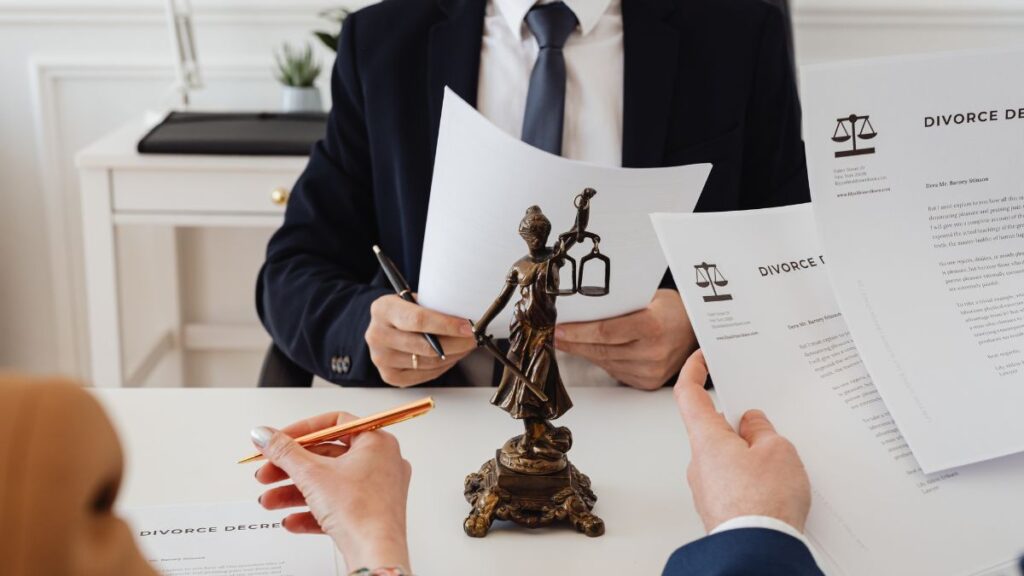Hawaii medical cannabis patients with a valid Hawaii Medical Cannabis Certificate (also known as the “Hawaii 329 card”, “Hawaii Medical Marijuana card” or “Hawaii medical permit”, among other names, have many protections under Hawaii state law. This Blog will examine the basics of these laws, with references so that you can find the full list of all of the laws. These are the basic protections on legal cannabis:
- Hawaii 329 card holders are allowed to grow up to 10 cannabis plants of any size;
- Hawaii Medical Cannabis certificate holders may buy cannabis products from state-authorized dispensaries;
- Hawaii medical permit holders can have up to 4 ounces of usable marijuana on hand;
- Patients with a Hawaii medical marijuana permit are allowed to transport up to 4 ounces of marijuana from a dispensary to a private location where it will be used;
- Patients with a Hawaii 329 card are allowed to make their own extracts, including hashish, oils, edible products, shatter, rosin, tinctures, and other products, as long as the total does not weight of Delta-9 THC does not exceed 42.48 grams;
- Students who hold a valid Hawaii medical cannabis certificate are free from discrimination based only upon holding a Hawaii 329 card (exceptions for federal funding issues)
- Medical patients may not be discriminated against, or denied medical treatment, only based upon the patient holding a valid Hawaii medical cannabis card
- Housing operators are prohibited from discrimination against residents in their housing based only upon the tenants holding a valid Hawaii 329 certificate (except for federal funding issues)
- Child Welfare services, (“Child Protective Services”, also known as the “Department of Human Services”) and associated contracted agencies or departments, must not limit child custody, visitation, or reunification based only upon the fact that a parent has a valid Hawaii medical cannabis certificate and also tests positive for THC.
These basic protections are in place as of April 12, 2025. For a complete list of all applicable laws, please visit this website:
Hawaii medical cannabis card holders still do have legal limits and responsibilities. See the above link for these, as well

Understanding Public Housing Policies on Legal Cannabis Use
Federal law lists Marijuana as an illegal drug. Federal housing programs prohibit drug use in federal housing programs. Hawaii medical cannabis permits can have a Hawaii 329 card—that is not proof enough for federal housing programs to evict a tenant. The housing program must actually find the illegal drug (marijuana, in this case) in order to evict a tenant. Law enforcement usually issues a warning on the first offense to a valid Hawaii 329 card holder, though not always.
Medical information is confidential; the Federal housing authorities do not have access to the State of Hawaii Department of Health Medical Cannabis Registry. Therefore the only way that the Section 8 (County Housing) program would know that a tenant has a 329 card is if the patient tells them. So, just don’t let the housing inspectors find your medicine.
ONE OF THE MOST IMPORTANT PROTECTIONS of having a Hawaii Medical Cannabis certificate is to protect the patient against forced substance abuse treatment and loss of parenting rights based upon Child welfare services investigation of a complaint. Here’s how this one works: In many families going through domestic issues there are vindictive parties who want to harm another family member. One way that the vindictive person could try to cause harm is to accuse the other family member of “drug abuse”. The child welfare worker must then arrange a drug test for the accused parent. If the parent does not have a valid Hawaii medical cannabis card, the worker may proceed—as though the parent is using illegal drugs—since the cannabis use is technically illegal.
Also, in the case that a parent ends up in a hospital for things like giving birth or other medical issues then the hospital staff might make a police report based on illegal drug use by the parent if there is no valid Hawaii medical cannabis certificate protecting the parent.
Irony is as irony does: Protect your housing by being “illegal” with Legal Cannabis:
Getting arrested and convicted for a marijuana offense poses the biggest risk to tenants in public housing. The marijuana conviction results in a public record of drug violation. Public housing then has access to that criminal record and can evict a tenant based upon that conviction. Here’s the irony: Getting the Hawaii 329 card drastically reduces the risk of police arresting a patient for a cannabis charge.
For example, a resident in subsidized housing gets into a minor traffic accident as a passenger. During the incident, police discover that the passenger is holding cannabis. If the individual does not have a Hawaii medical cannabis certificate, the officer could arrest them, and the prosecutor could potentially convict them for marijuana possession.
However, if the person involved in the minor car crash does have a Hawaii medical cannabis card, then the officer would not arrest them. As a result, the medical cannabis patient avoids a cannabis conviction.
In this scenario, the housing authority would have no grounds to evict the tenant. The irony is that by complying with State law—while technically “breaking” federal law (used here just for illustrative purposes)—a person is actually protecting themselves the most.
The Push for Legal Reforms
Advocates continue to fight for legislative changes that would protect medical cannabis patients in public housing. Some proposed reforms include removing cannabis from the list of Schedule I substances, which would significantly impact public housing marijuana policies. Patients must navigate the challenging intersection of state legalization and federal laws until lawmakers enact such reforms.
Medical necessity and medical cannabis protections:
Medical providers must treat medical cannabis like any other prescribed medication and must not withhold medical services or discriminate against Hawaii 329 card holders.
Conclusion
It’s important to protect your legal status on many different levels by having a current and valid Hawaii medical card.
For trusted guidance on medical cannabis in Hawaii, visit Doctor 420 Hawaii at https://doctor420hawaii.com/.
Frequently Asked Questions (FAQs)
1. Can medical cannabis patients legally have a Hawaii medical cannabis card?
Yes. Just the fact that a tenant has a Hawaii 329 card does not mean that they use it. Housing authorities cannot force tenants to take a drug test, so if a patient has THC in their system but no marijuana is present on the subsidized housing property, they will not receive a housing infraction.
2. What action does the housing authority take if a Section 8 tenant uses medical cannabis in the home?
Tenants may face eviction under Section 8 eviction and cannabis use policies. Housing authorities have discretion, but there is a significant risk of eviction for violations related to cannabis.
3. Are public housing marijuana policies different in states where cannabis is legal?
No. Public housing marijuana policies follow federal guidelines, which prohibit cannabis use regardless of state legalization.
4. Can landlords make exceptions for medical cannabis in Section 8 housing?
Landlords participating in Section 8 must comply with federal law, meaning they cannot permit cannabis use, even for medical purposes. However, private landowners are usually more lenient that federally funded housing projects.
5. What legal protections exist for medical cannabis users in public housing?
Get a medical cannabis card to prevent arrest and prosecution for marijuana. That prevents housing authorities from having a legal mandate to evict a convicted drug user.
ALWAYS BE RESPECTFUL, FRIENDLY, AND NICE TO OTHERS, AND PLEASE ALWAYS QUESTION AUTHORITY. WHEN DEALING WITH POLICE OFFICERS ALWAYS ASK TO SEE A WARRANT BEFORE ALLOWING THEM IN TO YOUR PROPERTY; NO WARRANT, NO ENTRY. DON’T TALK TO POLICE; ANYTHING YOU SAY TO THEM CAN AND WILL BE USED AGAINST YOU IN A COURT OF LAW.




